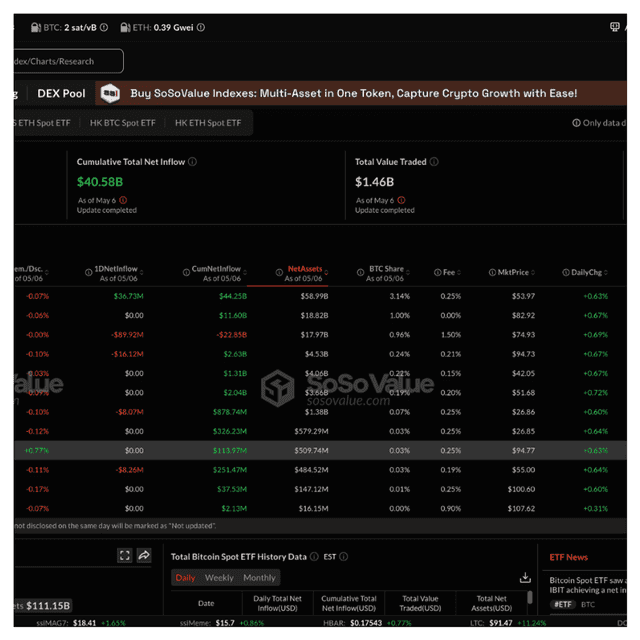2025-03-11 08:53
BLOCKMEDIA

Image source: Block Media
# Wall Street Sees $1.75 Trillion Wipeout Amid Market Turbulence
On March 10 (local time), both the U.S. stock market and the cryptocurrency market experienced sharp declines, resulting in a staggering $1.75 trillion evaporating from Wall Street. Investors faced turmoil as they grappled with policy uncertainties, capital outflows, and external shocks. The cryptocurrency market lost billions, decreasing to $2.57 trillion. Bitcoin.com outlined five key factors driving the market slump.
# 1. Economic Policy Uncertainty
Economic policy uncertainty has amplified investor anxiety. President Donald Trump's announcements this year regarding tariffs on Canadian, Mexican, and Chinese imports have sparked fears of a global trade war and economic slowdown. While President Trump has not ruled out the possibility of a recession, he has stoked market apprehension. Consequently, the Dow Jones Industrial Average dropped by 2.3%, the S&P 500 fell by 3.1%, and the Nasdaq Composite plunged by 4.3%, marking Nasdaq's worst decline since 2022.
# 2. Disappointment Over U.S. Crypto Strategic Reserve
Market sentiment soured following the March 6 announcement of the U.S. Crypto Strategic Reserve administrative order, which excluded the immediate purchase of Bitcoin (BTC). Bitcoin's price dipped by 4% immediately after the announcement, and $650.8 million worth of cryptocurrencies were liquidated within a day. The 'Crypto Fear and Greed Index,' a barometer for investor sentiment, plunged to 20, signaling extreme investor anxiety.
# 3. Cryptocurrency Investment Outflows
In the week ending March 7, $876 million exited cryptocurrency investment products, with a four-week total withdrawal amounting to $4.75 billion. This led to a reduction in assets under management (AUM) to $142 billion, with Bitcoin alone seeing an outflow of $756 million. These outflows are interpreted as a surge in risk aversion among investors.
# 4. Bybit Hack Fallout
The February 21 hacking incident involving Bybit exacerbated market instability. The attack, linked to a North Korean hacking group, resulted in $1.46 billion being stolen, significantly undermining trust in cryptocurrency exchanges. The event triggered massive sell-offs and emergency loans, deepening market upheaval.
# 5. Market Volatility and Investor Fear
President Trump's policies and statements regarding a potential recession have increased market volatility. Tesla shares plummeted by 14%, and the S&P technology sector declined by 4.2%. The S&P 500 turned negative for the first time this year, following four consecutive days of losses.
# Market Outlook Amid Volatility
The recent widespread market decline reflects a confluence of risks, including global policy shifts, investor sentiment, and cybersecurity threats. Both traditional financial markets and cryptocurrency markets are highly sensitive to the unstable geopolitical climate. Investors remain on edge, closely monitoring policy directions and potential additional shocks.
View original content to download multimedia: https://www.blockmedia.co.kr/archives/870567




